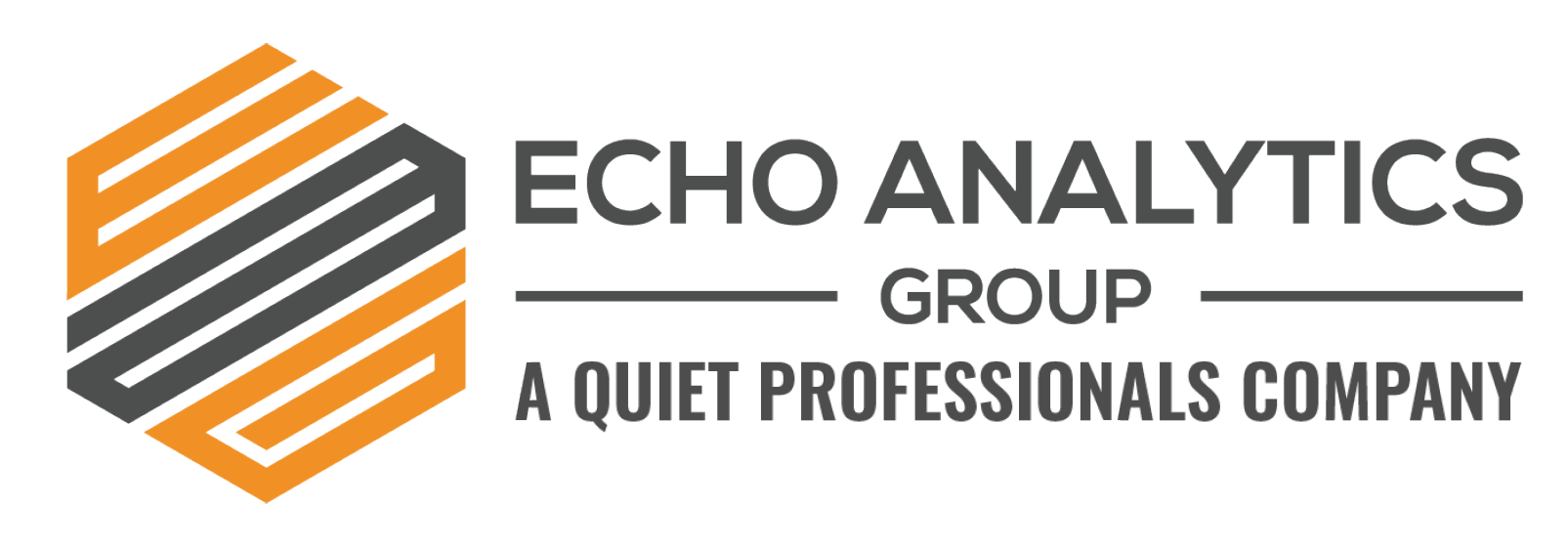
On March 7, 2022, a U.S. delegation in Caracas, led by Juan Gonzales, the White House’s National Security Council Senior Director for the Western Hemisphere, met with Venezuela’s contested President, Nicolas Maduro, and other Venezuelan officials.
According to La Patilla — one of Venezuela’s most prominent news outlets — the U.S. delegation discussed the possibility of easing oil sanctions on Venezuela. Based on reporting from the New York Times, the talks also led to the release of two American prisoners in Venezuela — Gustavo Cárdenas, and Jorge Alberto Fernández. Cardenas is an oil executive employed by Texas’ CITGO Petroleum Corporation, an indirect subsidiary of PVD Holding, which is owned by Venezuela’s state oil company — Petróleos de Venezuela (PDVSA). The U.S. Department of Treasury sanctioned PDVSA in 2019. Jorge Alberto Fernandez is a U.S.-Cuban dual citizen, imprisoned in Venezuela in February 2021.
With Venezuela having more oil reserves than any country, a potential return to trade relations between the United States and Venezuela could lower record-setting gas prices, currently at a national average of $4.17. However, capital from the U.S. to Venezuela could potentially go to funding terrorism, narcoterrorism, drug trafficking, or human rights abuses in the country. Such a policy shift between the U.S. and Venezuela could significantly impact the U.S. image on the world stage, leading to international condemnation of the United States for cooperating with Nicolas Maduro.
Venezuela’s Relationship with the Islamic Republic of Iran and Hezbollah
The Venezuelan government and the Islamic Republic of Iran (IRI) have cooperated since former Venezuelan President Hugo Chavez was in power. Chavez had a close relationship with former Iranian President Mahmoud Ahmadinejad. Through their relationship, Venezuela not only increased trade relations and economic ties but provided support and sanctuary to Hezbollah, a U.S. designated Foreign Terrorist Organization.
In a 2011 hearing before the Subcommittee on Counterterrorism and Intelligence, Roger Noriega, the former United States Assistant Secretary of State for Western Hemisphere Affairs, testified of Hezbollah’s presence in Venezuela. Noriega said, “Last spring, two Iranian Hezbollah operatives were conducting terror training on Venezuela’s Margarita Island for persons brought there from other countries in the region.”
Venezuelan state media refer to Hezbollah as a resistance movement, not a terrorist organization or criminal group.
More recently, Venezuela and the IRI are increasing economic ties.

Support for Narcoterrorism and Drug Trafficking
The Venezuelan government has a long history of working with former narcoterrorism groups like the Revolutionary Armed Forces of Colombia (FARC). Venezuela reportedly permitted FARC (a Colombian militant group, known for kidnapping, murder, extortion, terrorism, and drug running) to use its territory to conduct criminal and terrorist activity. The U.S. State Department delisted FARC as a Foreign Terrorist Organization in November 2021, a month later, designating the Revolutionary Armed Forces of Colombia – People’s Army (FARC-EP), which is led by former FARC leaders, as a terrorist group.
However, a year prior, the Department of Justice, indicted Maduro for allegedly partnering with the FARC to flood the U.S. with cocaine.
The indictment dated March 2020, against Maduro and 14 other high-profile Venezuelans, reads, in part, “Nicolas Maduro Moros, the defendant, helped manage and, ultimately, lead the Cartel de Los Soles as he gained power in Venezuela. Under the leadership of MADURO MOROS and others, the Cartel de Los Soles sought not only to enrich its members and enhance their power but also to “flood” the United States with cocaine and inflict the drug’s harmful and addictive effects on users in this country. Thus, whereas most drug-trafficking organizations in South and Central America have sought to recede from their roles in importing narcotics into the United States in an effort to avoid U.S. prosecution, the Cartel de Los Soles, under the leadership of Maduro Moros and others, prioritized using cocaine as a weapon against America and importing as much cocaine as possible into the United States.”
OUR ASSESSMENT
Reengaging in relations with the Venezuela state under Nicolas Maduro would negatively impact the United States’ reputation on the international stage, as Venezuela remains a close partner to Russia and is viewed as a rogue state by many nations. Additionally, the U.S.’s Latin American partners who see Venezuela as a threat to stability in the region and support Venezuela’s opposition leader, Juan Guaido, could become less supportive of U.S. policy in South America. The Chinese state, whose influence is growing in South America, would likely capitalize on any opportunity to develop stronger relations with a Latin American nation aggrieved at renewed cooperation between the U.S. and Maduro.
Any potential oil arrangement between the United States and Venezuela would face steep political opposition on Capitol Hill and could impact Latin American voting in Cuban and Venezuelan diaspora communities. Further, Venezuela could potentially use funds from the United States to facilitate its drug trafficking operations and support Iranian policy in South America or fund Hezbollah.
